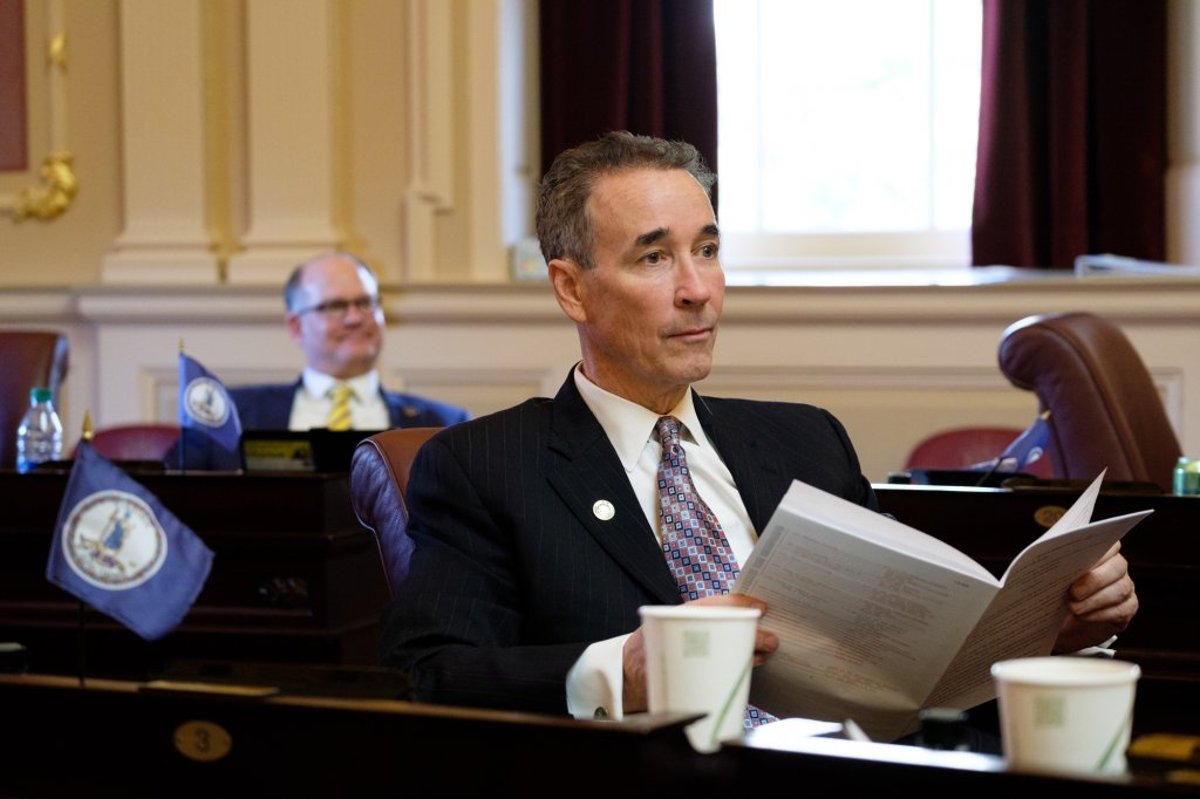Posted on: May 30, 2022, 01:11h.
Last updated on: May 30, 2022, 02:00h.
Richmond officials plan to re-ask local voters in November to support a casino resort within the city’s limits. But state lawmakers crafting Virginia’s next budget could greatly delay the gaming project from receiving an operating license.

Richmond voters during the November 2021 election narrowly rejected a proposed $565 million casino development. The project was backed by a partnership led by media conglomerate Urban One and casino operator Peninsula Pacific Entertainment. City leaders, including Mayor Levar Stoney (D), believe voters got it wrong, and that a casino destination would help revitalize the Virginia capital region.
Stoney and the Richmond City Council want to re-ask city residents about the casino. But even if a simple majority backs the gaming referendum during this November’s midterms, the latest draft of Virginia’s 2022-2024 biennium budget includes a provision that would temporarily bar the state from issuing Richmond a casino license.
Members in the Senate Finance and Appropriations and House Appropriations committees last week included language into the budget that would require the General Assembly’s Joint Legislative Audit and Review Commission (JLARC) to first consider the economic benefits of allowing Petersburg to be offered casino privileges.
License Lockdown
Virginia’s 2020 gaming bill provided economically struggling cities with the chance to ask their constituents if they support using a casino resort to spur the regional economy. Five cities met the qualifying criteria, but only Richmond voters rejected the opportunity. Casinos are being built in Norfolk, Portsmouth, Bristol, and Danville.
State Sen. Joe Morrissey (D-Richmond), who lost to Stoney in the 2016 Richmond mayoral race before seeking his Senate seat, has been championing the effort to relocate Richmond’s untapped casino license to nearby Petersburg. He argues a second casino vote in Richmond goes against the democratic process.
After Morrissey’s bill that would have qualified Petersburg as a casino candidate failed in committee in February, the senator persuaded his fellow legislative colleagues to include a provision in the budget bill that would prevent Richmond from hosting a second casino referendum until at least 2023.
However, Richmond Circuit Court Judge Reilly Marchant ruled in March that Richmond can again ask city voters about a casino, essentially overriding the budget proposed provision. As a result, Morrissey took another route. That tactic resulted in the latest budget provision that would suspend the state from issuing Richmond a casino license until the JLARC Petersburg casino study is completed.
They [Richmond] can have a referendum if they want to, but we just won’t agree to issue the license,” said House Appropriations Chair Barry Knight (R-Virginia Beach).
The Virginia Lottery is tasked with regulatory responsibilities, including licensing, for the state’s expansion of casino gambling. The state issued its first casino permit in April to Hard Rock Bristol.
Politics at Play
The Richmond Times-Dispatch reports that Morrissey’s Senate district is considered a swing seat. And with the Democrats maintaining a narrow two-seat advantage over Republicans in the 40-seat Senate, the party will work hard to keep Morrissey in office.
While Morrissey’s 16th District includes parts of Richmond, the majority of the district’s votes come from south of the capital, in Petersburg and the surrounding towns. Petersburg Mayor Samuel Parham believes his residents are supportive of a casino, as it would bring new jobs, tax revenue, and economic activity to the region.
“It can transform the City of Petersburg,” Parham said last December.
Relocating Richmond’s casino license to Petersburg could also help Morrissey’s reelection odds next year. Backers of the failed Richmond casino outcome blamed white voters in the city’s more affluent areas.
“This certainly puts Petersburg on an inside track for getting a casino license,” Morrissey said.
